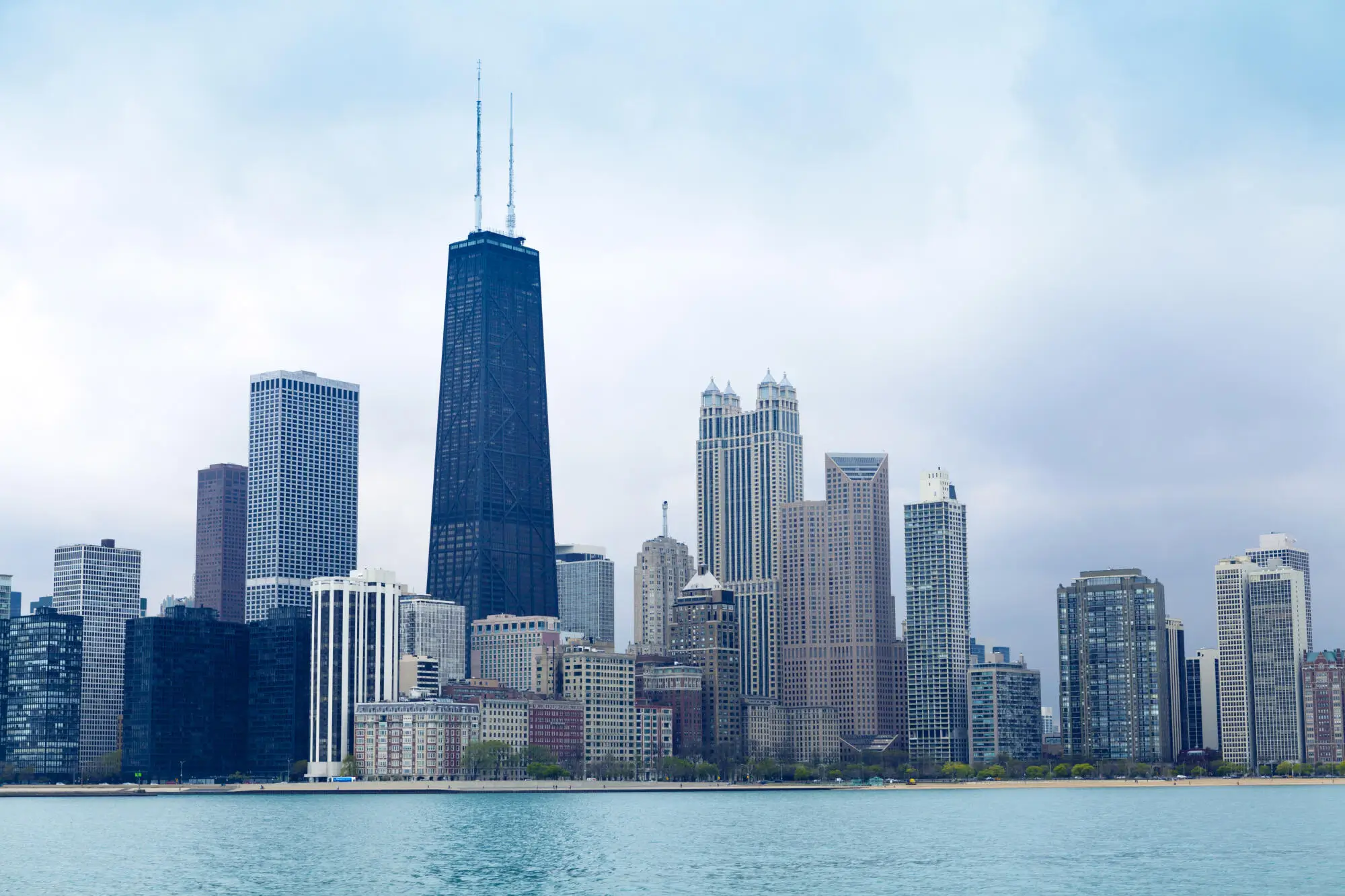While being a landlord is a great way to increase your passive income, you'll also need to spend money to keep your tenants happy. According to The Independent Landlord, landlords spend around 10-15% of their gross rent on maintenance and repairs. Conducting regular rental property inspections is a great way to keep your costs low.
Routine property inspections can not only protect your investment but also create a better living environment for your tenants. In an urban area like Chicago, where rental properties are plentiful, distinguishing yourself through effective property management is essential. This blog will go over the basics of tenant inspection procedures, including how often to schedule them.
Why Are Rental Property Inspections Important?
Many landlords underestimate the importance of regular inspections. Routine inspections serve several important purposes, such as:
- Monitors property condition
- Ensures compliance with lease agreements
- Addresses tenant issues proactively
- Protects your investment
- Make sure the unit is safe and secure
Conducting thorough inspections helps landlords identify concerns early, potentially saving them from costly repairs in the long run.
Recommended Frequency for Rental Property Inspections
While there is no one-size-fits-all answer, a few general guidelines for landlords in Chicago is to perform inspections. A few things to keep in mind when scheduling inspections for your rental properties include.
- Annually for long-term tenants
- Quarterly for short-term leases or vacation rentals
- After significant tenant turnover
- When a tenant requests maintenance or reports issues
- Tenant move-in inspection
This frequency allows landlords to maintain visibility over their properties and uphold the standards of their rental agreements.
Effective Tenant Communication During Inspections
With every inspection, it's crucial to communicate effectively with your tenants. Always provide at least a 24-hour notice before entering the property, as required by Illinois law. This communication also creates transparency and helps build a rapport with your tenants.
One of the most common landlord inspection mistakes is failing to give tenants enough advance notice about inspections. Another mistake is scheduling inspections too often. Keep both of those things in mind when preparing for upcoming inspections.
What to Include in Rental Property Inspections
When conducting inspections, it is essential to cover various aspects of the property. Creating a property maintenance checklist for your upcoming inspections can help you be prepared. A few things to put on this list include:
- Check for any signs of damage or wear to the interior and exterior
- Ensure functionality and safety of plumbing and electrical systems
- In the case of multi-unit properties, ensure shared spaces are well-maintained
- Look for unauthorized alterations or damages
Incorporating a systematic approach during your inspections helps a landlord stay organized and document any findings effectively.
Improve Your Properties With Routine Rental Inspections
Rental property inspections in Chicago are more than just routine tasks. Inspections are essential for maintaining your property value. They're also helpful for keeping your tenants happy.
At PMI Windy City, our property management company specializes in full-service property management. We work closely with our Chicago-based clients, streamlining their rental inspection process. Reach out to our office to schedule a consultation and request a free rental analysis.


